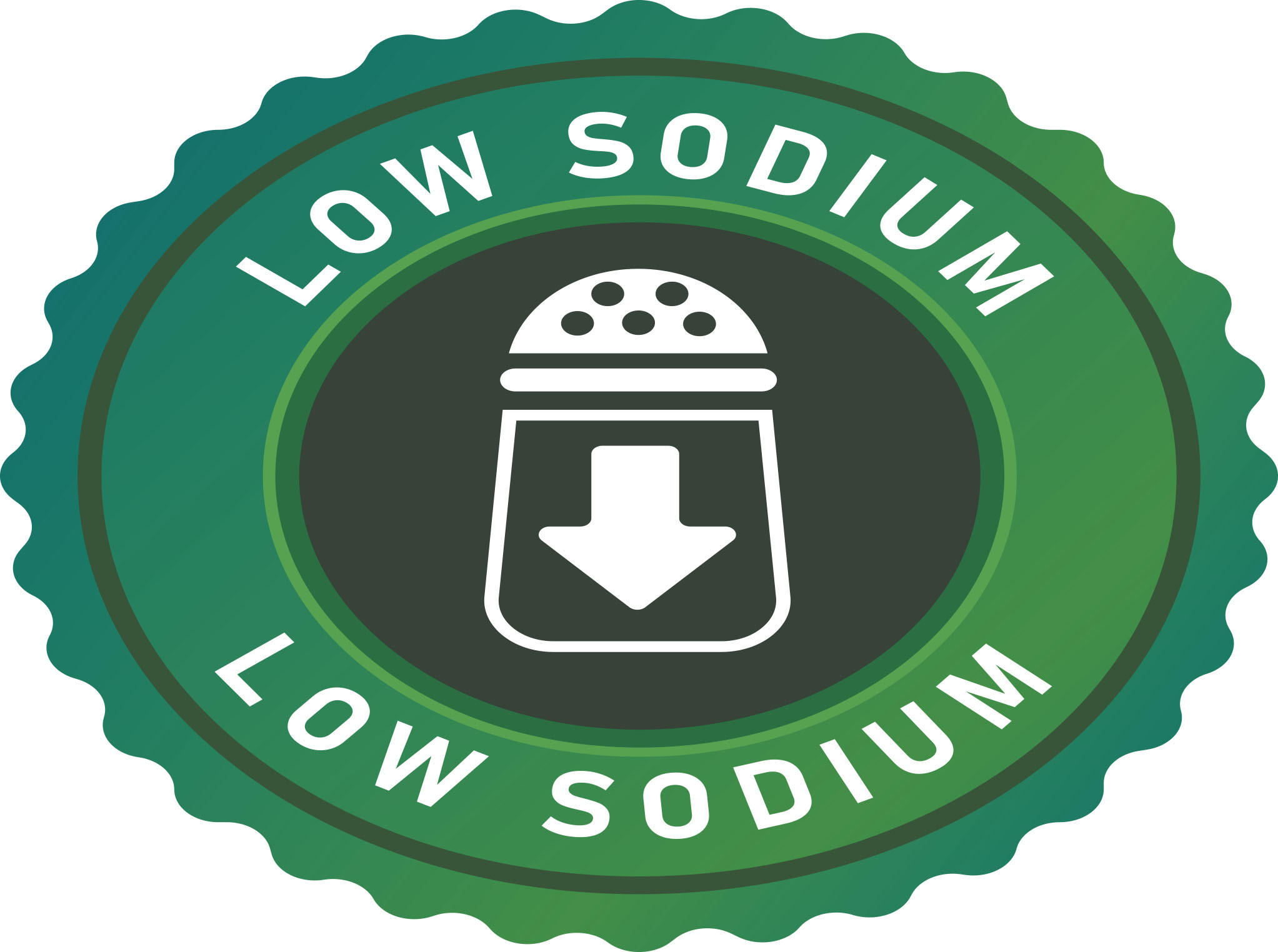
New thinking about plaque in arteries that feed the brain

Want to prevent shifting teeth? Maybe you need retainers

What you need to know about the new dietary guidelines

Food that’s healthier for people and planet can be cheaper, too

New evidence that polyphenol-rich foods help the heart

8 simple ways to reduce ultra-processed foods in your diet

How to curb your stress eating

How to spot Parkinson’s disease symptoms

Heart failure symptoms in women: How they’re different

GERD diet: Foods to avoid to reduce acid reflux
Heart Attack Archive
Articles
Under pressure: How stress may affect your heart
Mental stress ischemia occurs when emotional stress causes a decline in blood flow to the heart. The condition, which affects about one in six people with heart disease, may more than double a person's risk of heart attack. Mental stress ischemia appears to be caused in part by changes in the wall and inner lining of the heart's smallest blood vessels. Known as microvascular disease, this problem tends to be more prevalent in women. In contrast, a more common cause of chest pain is narrowing of the large arteries of the heart.
Optimism, heart health, and longevity: Unraveling the link for Black Americans
Do older adults benefit from blood pressure treatment?
A study published online Aug. 26, 2021, by The Lancet found that blood pressure treatment protects against heart attacks, strokes, and other major cardiovascular disease problems in people up to age 85 and possibly older. For people younger than 75, the study confirmed that people taking blood pressure medicines had 10% to 20% fewer cardiovascular disease problems. For people 75 to 84, there still was a 10% reduction. For people older than 85, the results were mixed, but there still appeared to be a benefit from blood pressure treatment.
Is broken heart syndrome becoming more common?
Broken heart syndrome—an uncommon condition linked to severe emotional or physical stress that occurs mostly in women—may be more common than previously thought. The increase in diagnoses may reflect heightened awareness of all forms of heart disease in women. The condition may result from the surge of adrenaline that affects the heart's muscle cells and blood vessels, causing the heart's left ventricle to temporarily change shape. The heart resembles a Japanese clay pot used to trap an octopus, called a tako-tsubo, which is why broken heart syndrome was originally dubbed takotsubo cardiomyopathy.
How stimulants may affect your heart
Stimulant medications, which are usually prescribed to treat attention deficit disorder in children, are being prescribed increasingly to older adults. These drugs may cause a short-term spike in the risk of heart-related problems, including heart attacks, strokes, and arrhythmias. Dietary supplements that promise weight loss or better physical or mental performance may contain prohibited, unlisted, and potentially dangerous stimulants.
When the doctor becomes the patient: A transformative experience
A doctor's serious health threat prompts reflection on the power of spirituality, the value of mindfulness practice, and acknowledgment of mortality as a motivator to reassess one's priorities.
Salt substitute associated with lower rates of stroke, death
A large study published online Aug. 29, 2021, by The New England Journal of Medicine found that people who used a salt substitute on their food had a lower risk of stroke, heart attack, and early death, compared with people who used regular salt.
What's the best blood pressure target for older adults?
For people over 60, aiming for a blood pressure target below 130/80 mm Hg may prevent more cardiovascular problems than aiming for the higher target suggested by some physicians. Some feared that the more intensive treatment required to reach the lower target might cause more adverse side effects (such as dizziness and falls) in older people. But side effects do not appear to differ among people taking intensive versus standard therapy.
Low-dose aspirin: Little benefit for people without prior heart attack
A draft guideline from a national panel of experts recommends that people without heart disease who are 60 and older should not take low-dose aspirin to prevent a heart attack or stroke.
Treating low vitamin D levels may help people live longer
Treating people who have low levels of vitamin D with supplements may reduce their risk for heart attacks and death from any cause.

New thinking about plaque in arteries that feed the brain

Want to prevent shifting teeth? Maybe you need retainers

What you need to know about the new dietary guidelines

Food that’s healthier for people and planet can be cheaper, too

New evidence that polyphenol-rich foods help the heart

8 simple ways to reduce ultra-processed foods in your diet

How to curb your stress eating

How to spot Parkinson’s disease symptoms

Heart failure symptoms in women: How they’re different

GERD diet: Foods to avoid to reduce acid reflux
Free Healthbeat Signup
Get the latest in health news delivered to your inbox!
Sign Up











